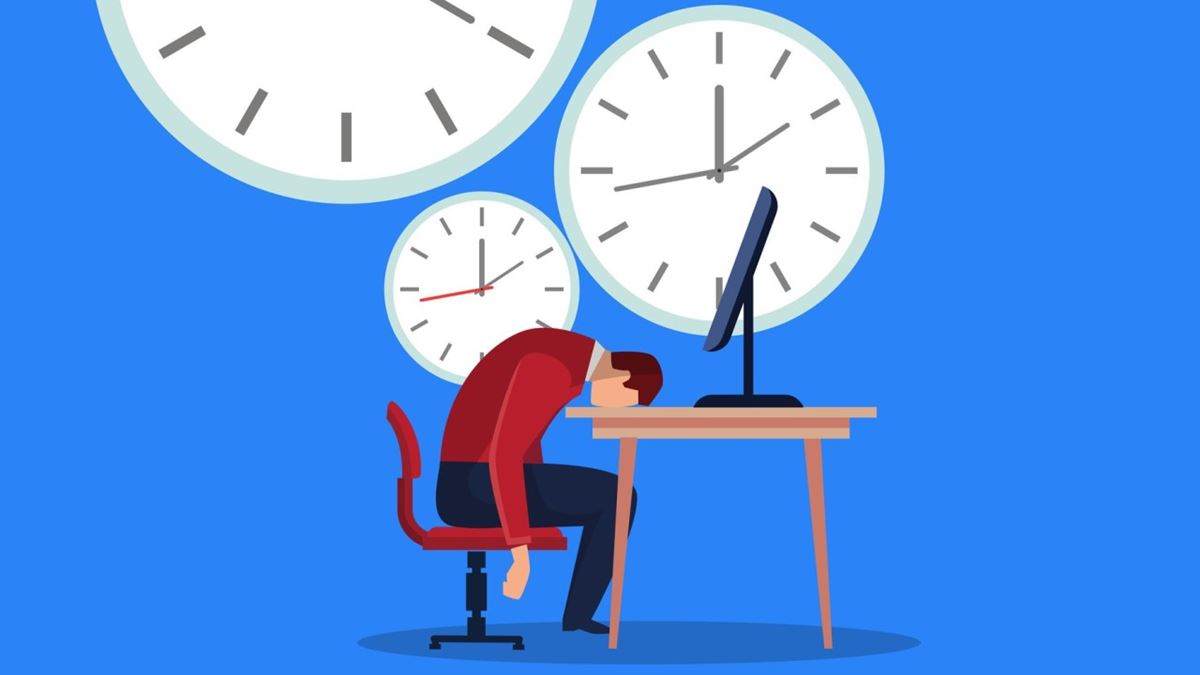The pandemic entered the history books long ago, and now, more and more companies want their employees to return to the office towers in a move to improve their productivity. A Reddit user, however, had an overwhelming experience and shared a few nuggets from his daily routine. The working professional recently switched from a permanent remote job situation to a full-time work from office model and laid down a few points that made him question his decision: was better pay worth all that hassle?
Here’s what he had to share:
“Seemed Worth It”
With the incentive of a decent hike, the man was open to the idea of returning to working from the office despite previously being in a fully remote setup. However, this was a temporary move and he admitted that the idea of switching jobs was to increase his CTC and move on to the next company.
“I joined a new company a few days back, it’s a full-time office job (at least for now, maybe after probation I’ll get hybrid). I was excited about starting this new journey. My previous job was permanent remote, but I joined this one because the salary hike seemed worth it, even if it meant going to the office every day. My plan was to stay a few months to a year, let my CTC grow, and then move on,” user AsyncSoul wrote on r/developersIndia Subreddit.
“Feeling A Bit Off”
The move may have been a misstep, the man discovered. He claimed that the office timings were restrictive, akin to a school, and that he had to stay back even if the assigned work was completed for the day. “Breaks are just 1 hour total (including lunch and tea), the shift is 8.5 hours plus breaks, so it’s basically 9.5 hours in total. My timing is 11 AM to 8:30 PM. By the time I get home, the whole day is gone,” he wrote.
No Sunlight, No Freedom
The man further said that his seating arrangement was devoid of sunlight, which had dampened his spirits and made him feel “suffocated”. He added that in his previous job, he had the flexibility to work any shift at his convenience as long as he got the work done. That luxury of freedom that he previously had was a thing of the past.
Bittersweet
Happy that the current company released salaries on time, unlike his previous employer, which allegedly had bad finances, the user said he disliked the “computer lab” like arrangement of desks that gave him no privacy, and he was fidgety about the potential shoulder surfing. He added that everybody could see everybody’s screens.
What Do The Studies Say?
The friction experienced by OP when transitioning from WFH to WFO setup can be attributed to several factors including differing company policies, lack of flexibility, and early days of unfamiliarity with fellow colleagues, his repeated mention of unpleasant seating arrangement that lacked any privacy cannot be overlooked here.
In a study conducted by Steelcase, a global designer and manufacturer of office furniture, involving a diverse sample size of 4,986 participants from 11 countries, it was learned that 61% of employees emphasised the need for designated spaces to carry out focused tasks. The same study also revealed that 52% of individuals appreciated the flexibility provided by adaptable furniture that catered to their unique preferences and needs.
What Do Popular CEOs Prefer?
Meta CEO Mark Zuckerberg is not on board with the idea of work from home.
“People who work from home are not efficient and engineers who come to the office get more work done,” he said.
In contrast, Airbnb CEO Brian Chesky said that office life was pretty much done for. “The office as we know it is over. It is an anachronistic form factor from a pre-digital age,” he was quoted as saying by The Washington Post.
Tesla and X CEO Elon Musk had a strong response to remote work, which he deemed “morally wrong”. “I think that the whole notion of work from home is a bit like the fake Marie Antoinette quote, ‘Let them eat cake’. It’s not just a productivity thing. I think it’s morally wrong,” Musk told CNBC.




















